On Sunday, March 5, Edith Vis rode from Sunset Manor retirement community to Faith Community Church in the church van—just like she does each week.
But by the time she got there, she knew something wasn’t right.
She felt dazed. Something seemed off.
A church parishioner called 911 and Vis soon found herself at the Spectrum Health Butterworth Hospital emergency department, under the care of two stroke specialists—vascular neurologist Omran Kaskar, DO, and neurosurgeon Justin Singer, MD.
“I was at the right place at the right time,” said Vis, 88, of Jenison, Michigan.
Drs. Kaskar and Singer agree. They remember that morning well.
Because Vis had been having stroke symptoms for an indeterminate time, Dr. Kaskar decided she wasn’t a candidate for the typical first course of action—administering tissue plasminogen activator, also known as tPA, a clot-busting medication. The drug needs to be used within three hours of a stroke, although sometimes that can be extended to four and a half hours.
Scans showed that while Vis’ stroke was not large yet, if left untreated it could be massive, impacting the whole left side of her brain. That could lead to paralysis on the right side, as well as an inability to speak and possible death.
Dr. Kaskar said the clot rested in the middle cerebral artery, the largest cerebral artery. That made Vis an ideal candidate for what’s called a mechanical thrombectomy—physical removal of the blood clot.
Remarkable recovery
For the procedure, Dr. Singer sends a small catheter through an artery in the groin up to the blocked artery in the brain. A wire cage device called a stent retriever grabs the clot, allowing him to pull it down. He also uses a special catheter that helps with suction.
Vis’ clot proved tricky. It took Dr. Singer a few tries to open the artery, but he prevailed.
“We had her vessel reopened in a pretty short period of time from her arrival at Spectrum,” Dr. Singer said. “Time is brain, and we know that every hour that we extend that window from onset of symptoms, there’s a 6 percent reduction in the benefit of the treatment. So, the sooner the better.”
Vis made a remarkable recovery.
After leaving the hospital, she spent several weeks at a rehabilitation facility to work on her speech and movement on her right side.
By April 8, eight weeks after her stroke, she got back into her apartment at Sunset Manor, where she had moved just six weeks prior to her stroke.
“We were just amazed, from one day to the next, by what she was able to do,” said her daughter, Helaine Kamps.
Vis also suffers from age-related memory loss. Someone must visit her daily to help her with medications, Kamps said.
Since then, life has thrown her a setback or two. This past summer, for example, Vis broke two ribs after a tumble at the family cottage. She has learned to tread carefully, as much as possible.
But otherwise, she’s back to doing the things she loves. Singing in the choir at Sunset Manor. Crossword puzzles, word searches and Sudoku. Tending her plants. Cheering on the Detroit Tigers.
Every Sunday after church, family members stop by to visit. Vis has retired from making homemade pies for the occasion, but the visits are sweet as ever. She also retired from making her special treat—the Dutch pastry, banket. She used to make it by the dozens every year around Christmas.
“Mom’s was the best,” Kamps said. “That was one of the gifts the grandkids would love.”
Vis has five children: William, Randall, Helaine (Kamps), James and Calvin. Tragically, a sixth child—her daughter, Marlys—died at age 21 in 1968 in an airplane crash in Hawaii.
An Iowa native, Vis moved to Wyoming, Michigan, with her late husband, Walter, in 1957. He died 12 years ago. In her apartment, she’s surrounded by furniture he made—a bedroom set made from Carpathian elm wood, a grandfather clock and a brass table in her entryway.
“It’s very special,” she said of the furniture.
‘In God’s hands’
Vis’ doctors are grateful she’s back in her home and living independently. Things could have gone very differently had Vis not made it to the hospital when she did. She could have faced paralysis or death.
“I feel tremendous gratitude in knowing that I helped prevent that from happening to someone and that our team is able to offer that to people when they come in the door,” Dr. Singer said.
Spectrum Health Butterworth Hospital is a certified comprehensive stroke center, which means it can provide the highest level of medical and surgical stroke treatment. It is the first of its kind in Grand Rapids.
Dr. Singer said the earlier that stroke victims get to them, the more they can do to help.
“Typically, we say think FAST for stroke,” Dr. Singer said. “Facial droop, Arm weakness, Slurring speech, Time to get help quickly. If you think someone is having a stroke, don’t call your doctor first—call 911 or get to the ER.”
The outcome with Vis is exactly what doctors hope for every time.
“It really is a happy ending,” Dr. Singer said.
Kamps wholeheartedly agrees.
“We were very thankful,” Kamps said. “She was in God’s hands.”
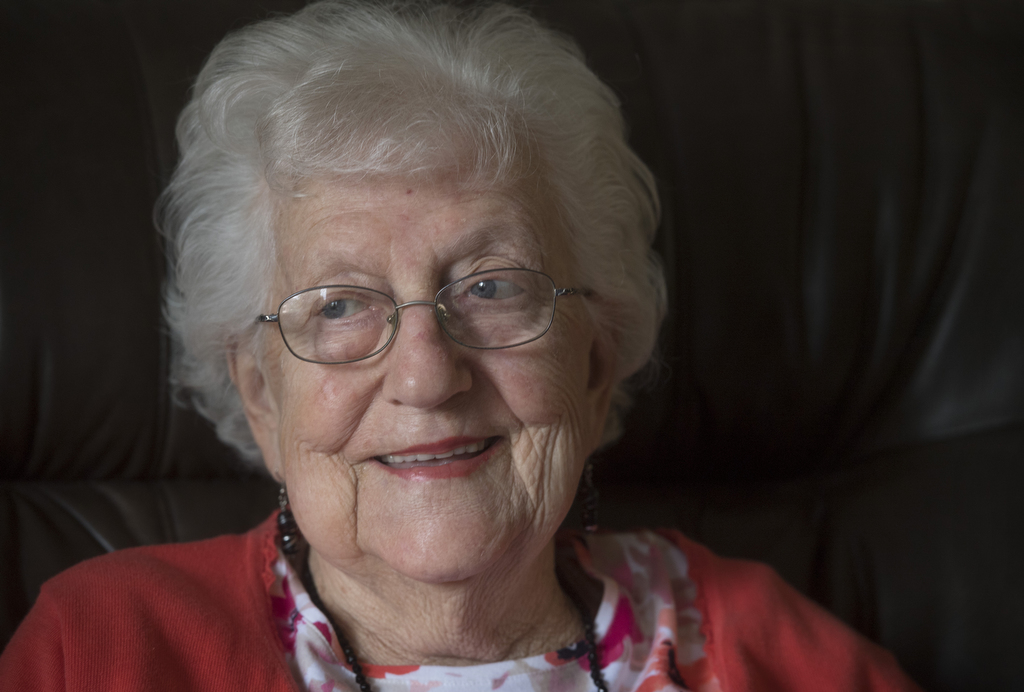
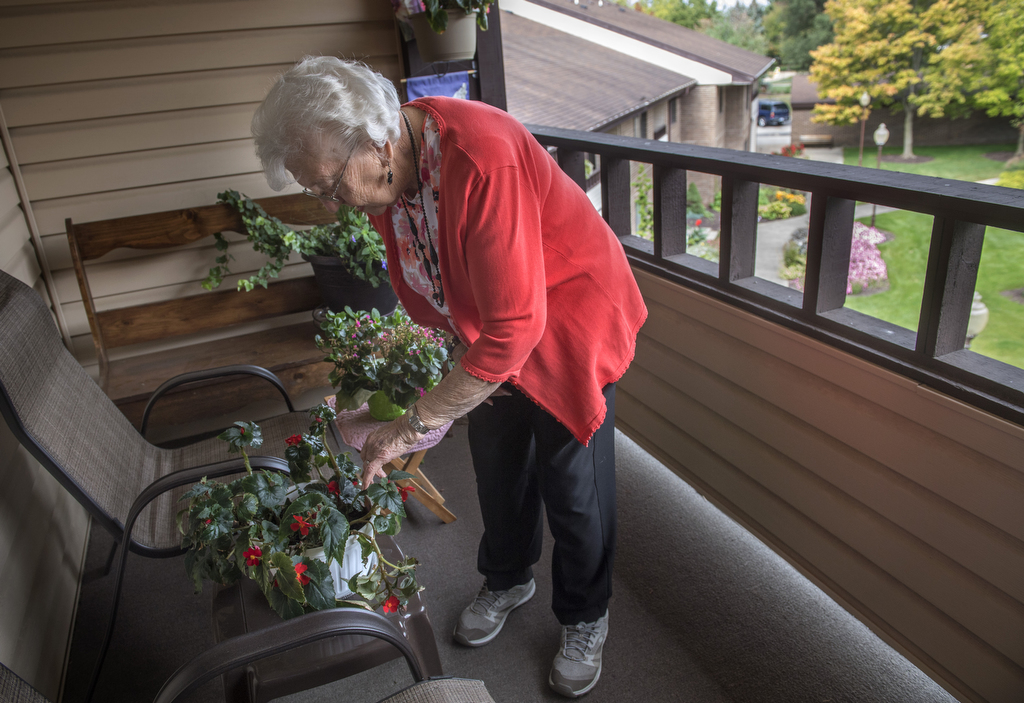
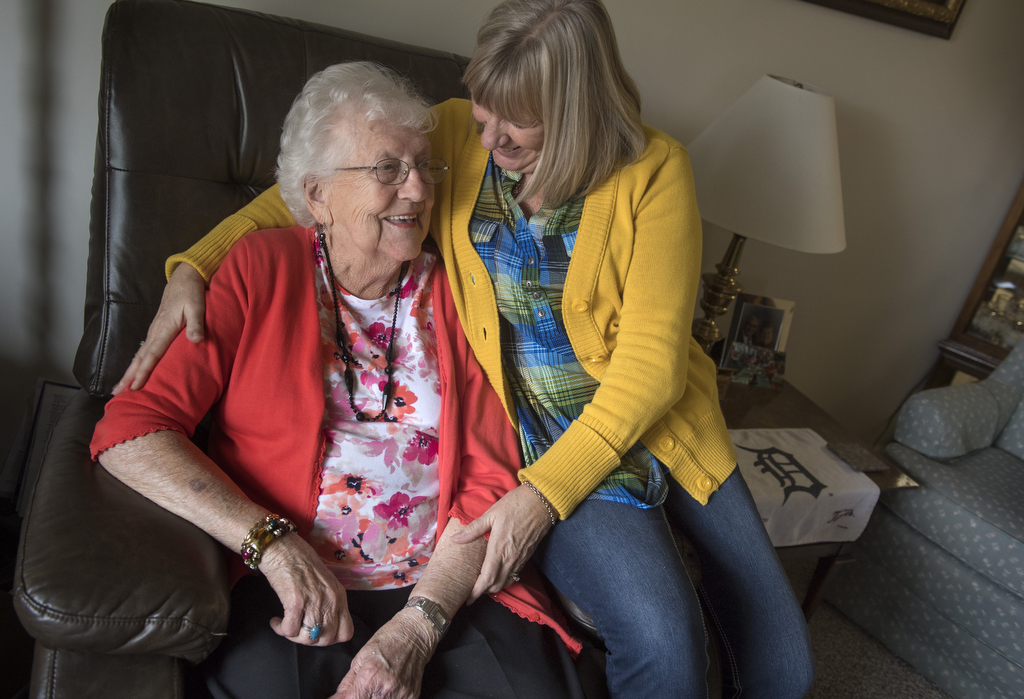
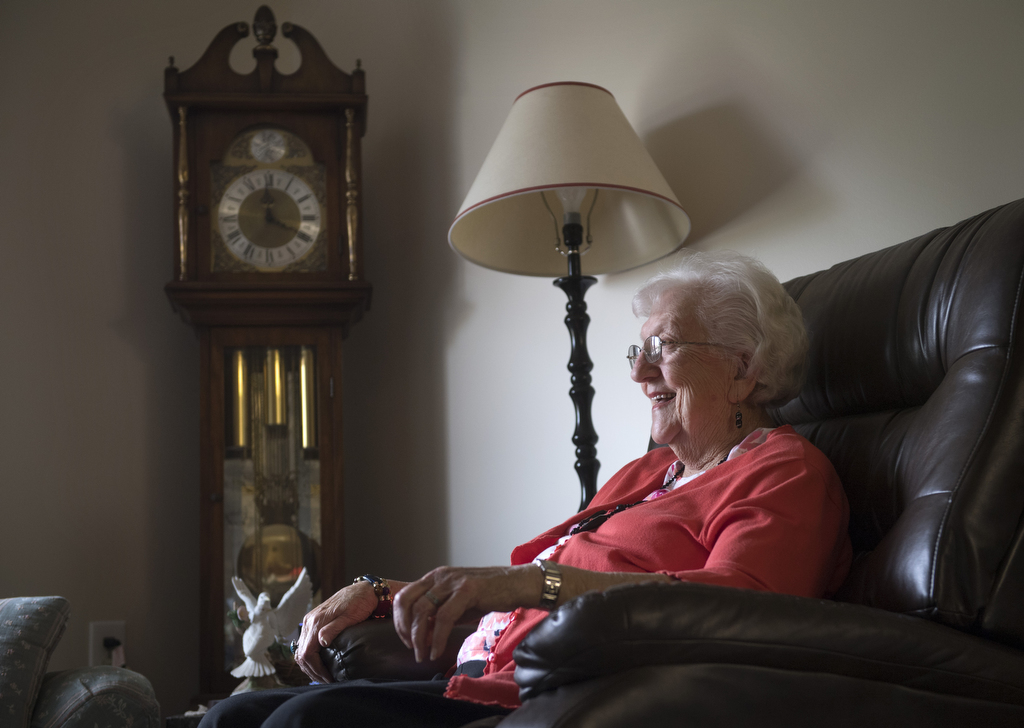
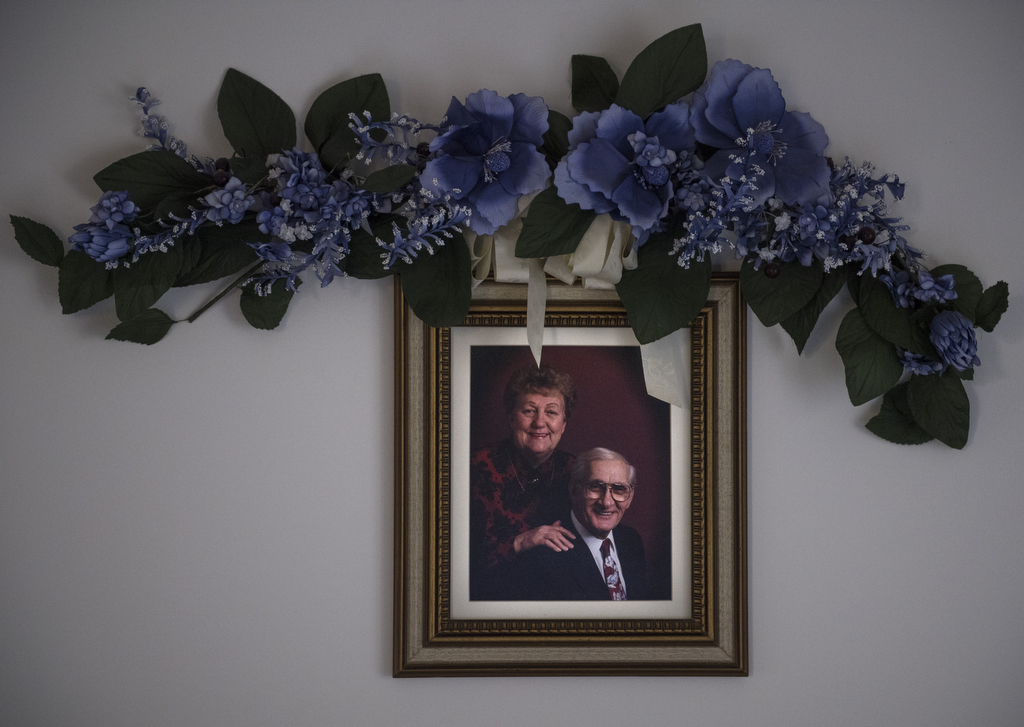
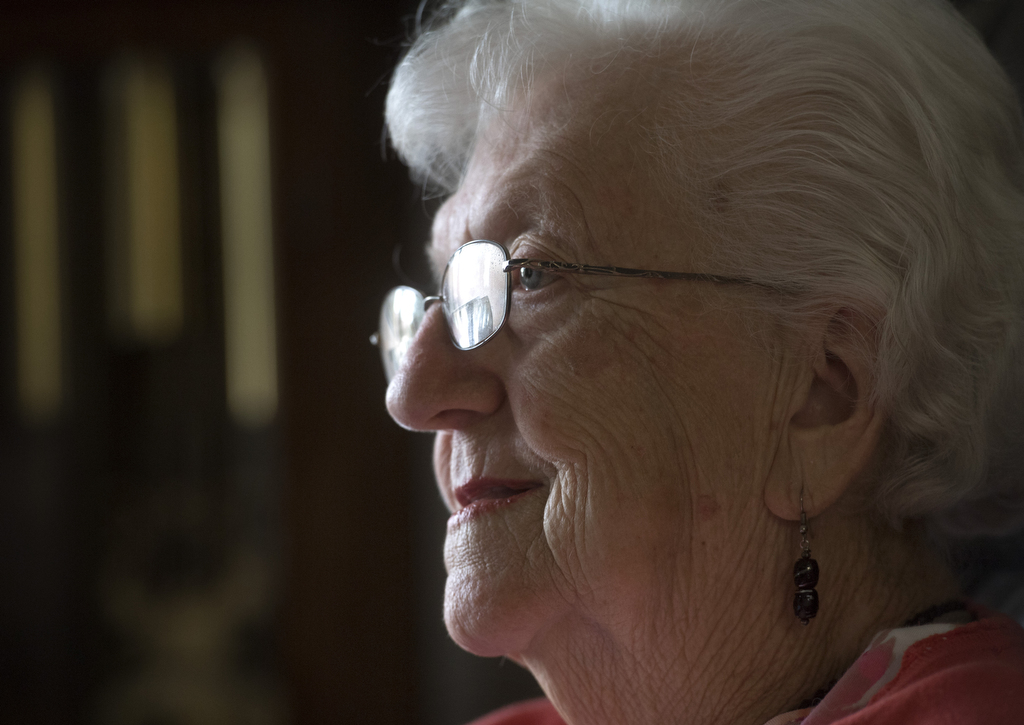
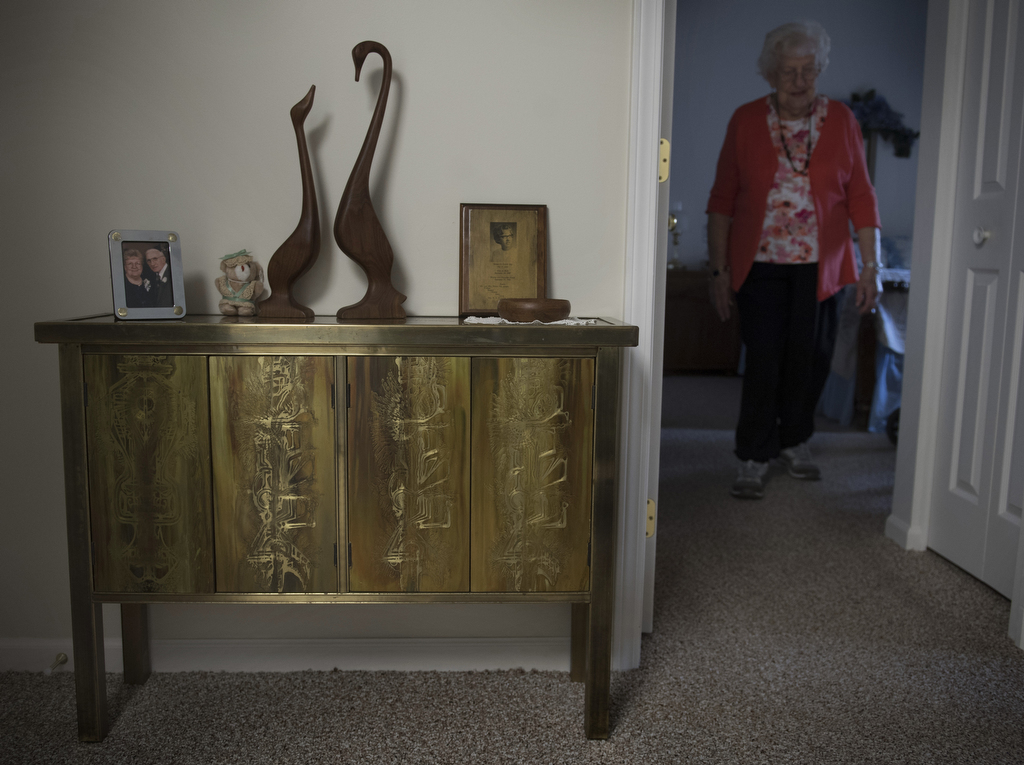

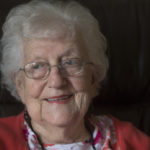
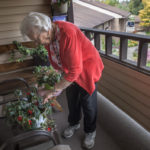
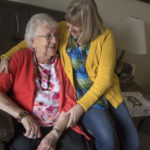
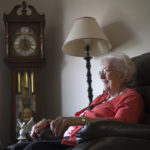
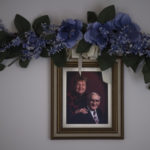
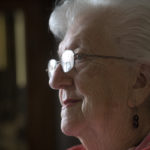
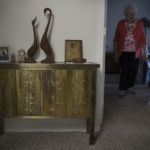

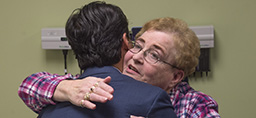 /a>
/a>
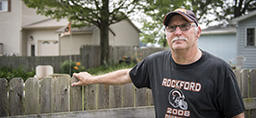 /a>
/a>
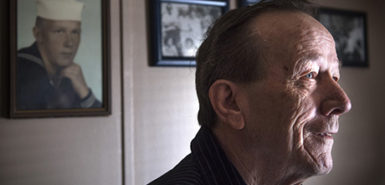 /a>
/a>